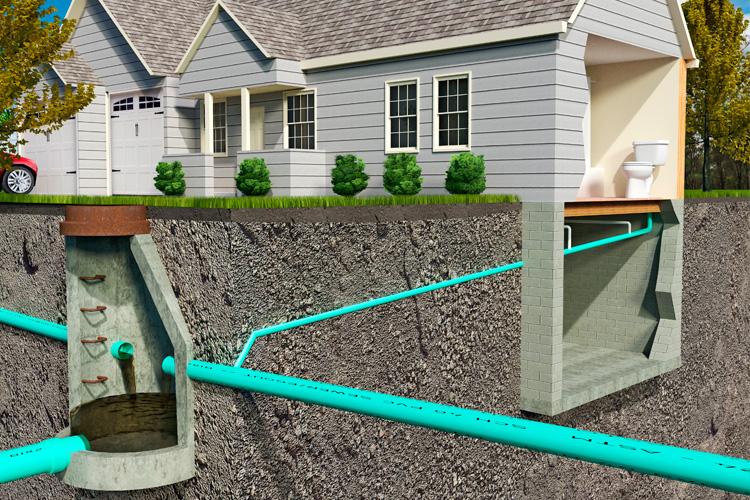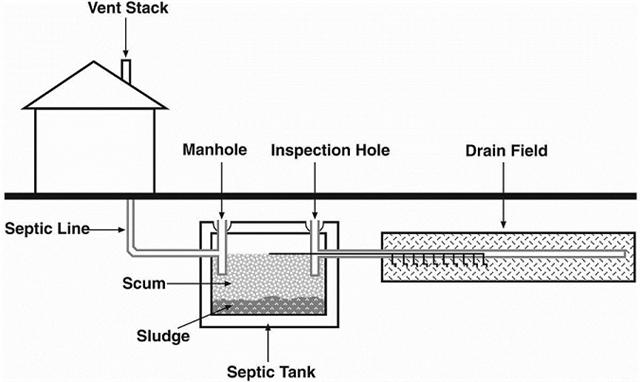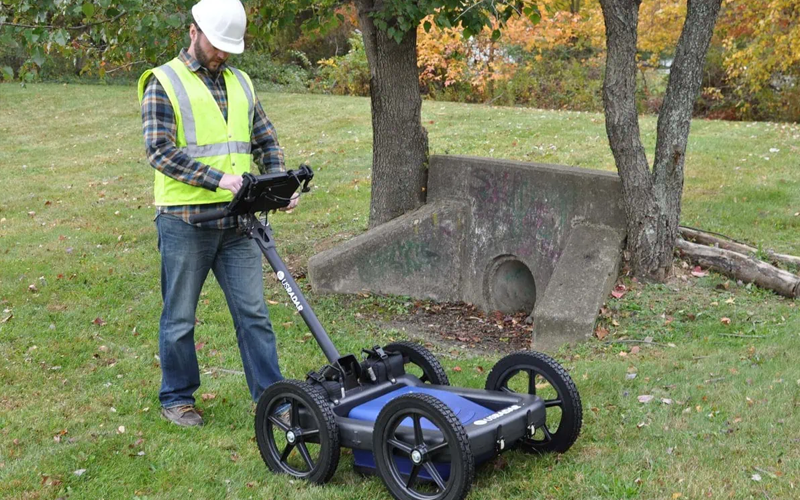Rated by Thousands of Satisfied Customers
SEPTIC TANK LOCATING SERVICE
Mastering Septic Tank Locating: Essential Tips and Techniques
Septic tanks play a crucial role in waste management for many homes and properties. Proper maintenance and timely inspections are essential to ensure their optimal performance. One of the first steps in septic tank maintenance is accurate septic tank locating. In this comprehensive guide, we’ll explore the essential tips and techniques for precise septic tank locating, helping you safeguard your property and prevent costly issues down the line.
At SNL Pumping, we prioritize fast and precise septic tank locating to put your mind at ease. We understand the challenges that come with finding the exact location of a septic tank, and we are committed to delivering top-quality service. Don’t hesitate to contact us—we’ll take care of all your septic tank locating needs with professionalism and expertise.
Understanding the Importance of Septic Tank Locating Service
Septic tank locating is the process of determining the exact position and depth of your septic system. Whether you’re a homeowner looking to avoid costly repairs or a professional in the field, knowing the precise location of your septic tank is essential for efficient maintenance and problem-solving. Here’s why it’s so important:
Prevent Damage During Excavation:
Accurate septic tank locating helps prevent accidental damage during construction or landscaping activities.Efficient Pumping:
Knowing the tank’s location ensures efficient and cost-effective pumping, reducing the risk of overflows or backups.Timely Inspections:
Regular inspections are vital for identifying early issues such as leaks, cracks, or structural damage.


Step-by-Step Guide to Septic Tank Locating
Review Building Records:
Start by reviewing building records and any available diagrams that may provide clues to the tank’s location.Examine the Yard:
Look for signs like yard depressions or lush grass patches that may indicate the septic tank’s location.Use a Metal Detector:
A metal detector can help locate metal components, such as the septic tank’s lid or access points.Consult a Professional:
If you’re having trouble, consider hiring a professional with specialized tools like ground-penetrating radar (GPR) to pinpoint the location.Mark the Location:
Once you’ve found the tank, mark its exact location for easy access during future inspections or maintenance.
Prevent Damage During Excavation:
Accurate septic tank locating helps prevent accidental damage during construction or landscaping activities.Efficient Pumping:
Knowing the tank’s location ensures efficient and cost-effective pumping, reducing the risk of overflows or backups.Timely Inspections:
Regular inspections are vital for identifying early issues such as leaks, cracks, or structural damage.
Tools and Techniques for Septic Tank Locating
Several tools and techniques can help in locating a septic tank:
Ground-Penetrating Radar (GPR):
GPR uses radar waves to produce images of the subsurface, allowing precise, non-invasive septic tank location.Electronic Locators:
These devices detect metal components like the tank lid or distribution box, making it easier to find buried septic systems.Probing Rods:
Probing rods are long tools used to manually detect the edges or access points of the tank.


Tips for DIY Enthusiasts
If you’re a DIY enthusiast, here are some extra tips to help you master septic tank locating:
Proceed with Caution:
When using probing rods, be cautious to avoid damaging the tank or its components.Document Your Findings:
Keep detailed records of the tank’s location and measurements for future use.Regular Maintenance:
Perform regular inspections and pump the tank to ensure it operates efficiently.
Conclusion
Accurate septic tank locating is a critical skill for property owners and professionals involved in septic system maintenance. By understanding its importance and using the right tools and techniques, you can protect your property, avoid costly repairs, and keep your septic system functioning smoothly. Whether you’re a DIY enthusiast or prefer to call in a professional, mastering septic tank locating is a valuable asset for maintaining your septic system.

